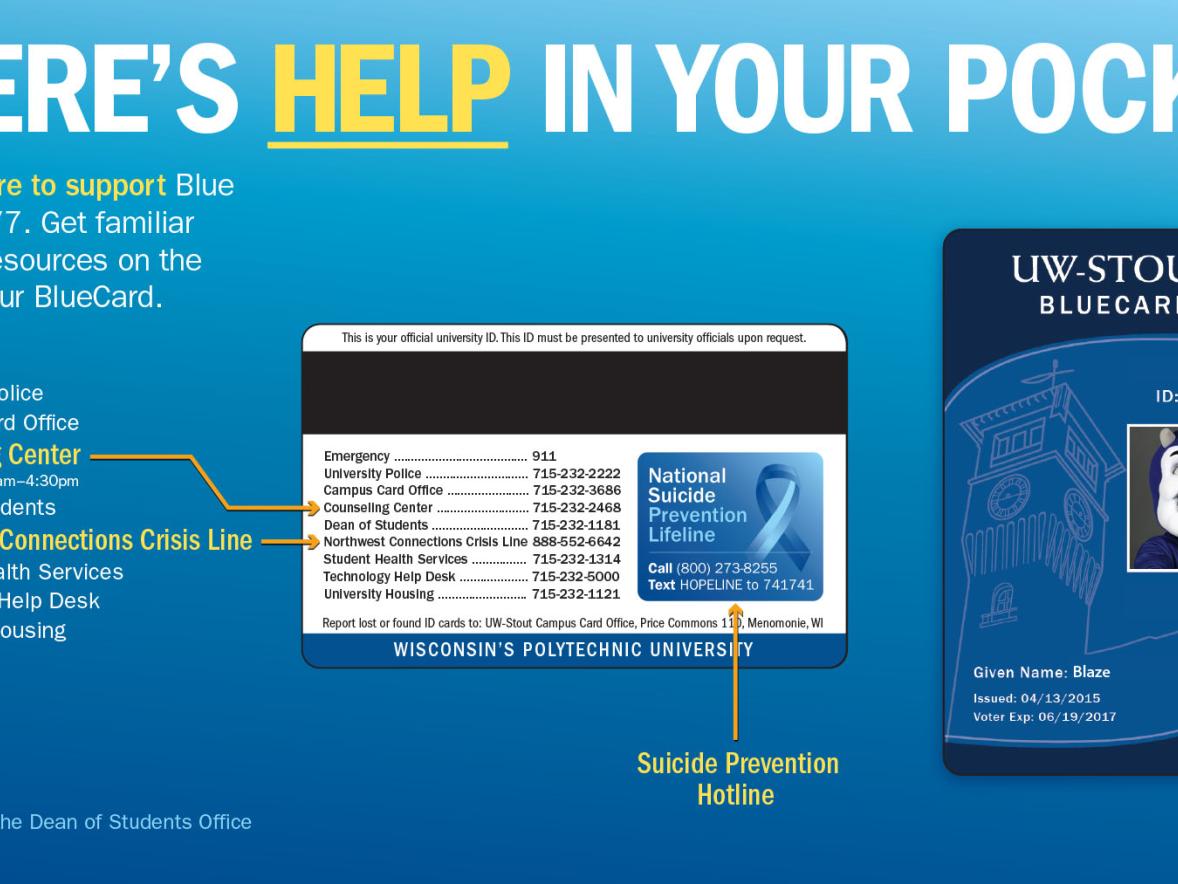The “sophomore slump” is “a decline in academic performance during a student's second year of college.”
It’s a phenomenon that affects many second-year college students. Is your sophomore student struggling to keep up their grades, find purpose in their major, connect with their friends and classmates, or find the energy to get involved on campus? It’s normal.
Here are some feelings your student may have during this time and ways you can support them.
Why are they slumping?
Sophomore year is not as new and exciting as freshmen year. The first-year honeymoon is over. They had an identity they had to work very little to attain, and now they’ve lost it. They’re trying to find their social place within the university, but it’s not so easy to find.
They’re in a routine now. Routines are good things, but they can become stale and unspontaneous. Your student may be bored with the same old same old.
Maybe their feeling more academic pressure this year?
- Your student may be starting their major-specific courses. The workload is heavier, and the expectations are higher. This can be a shock to some students who took “easier” general education courses their first year, and they may feel inadequate because of it.
- If your student is undeclared, the pressure is on. They’re trying to figure out what they want their career to be, which uses up a lot of mental energy.
- Your student may have declared a major, but they may be having second thoughts. This can be stressful for your student because they might feel they wasted time and money.
Your student may need to meet with their advisor (a lot). They may want to research other majors and meet with those program directors. They may ask for some advice from friends, and especially advice from you.
How can you support your student?

Remind your student of the resources they have right on campus. But above all else, be a shoulder and an ear to your student. They want to be independent, so it may be hard for them to admit they’re struggling. When they do, listen, and ask questions that will prompt them to develop the next steps. Remind them of what’s true and to be realistic.
- If your student is struggling academically, remind them of their tutoring centers on campus. Another opportunity for your student to receive academic help is by reaching out to their residence hall ARC (Academic Resource Coordinator). This person will either help your student themselves or be able to point them in the right direction.
- If your student is struggling to find purpose in their major courses, encourage them to join an organization related to their program. These orgs are great places to make friends and learn more about the industry they will be entering after graduation.
- If your student feels bored, they can also join orgs that seem fun to them! Stout has nearly 200 orgs, and many of them are hobby-based. If your student likes to work on cars, we have an auto-org. Do they like backpacking and hiking? We have the Alfresco org. They can find these orgs and meeting information on their Connect account.
- If your student is considering changing majors, encourage them to do all the research they can before making a decision. Remind them the choices they make will impact them later in life. But be supportive of the potential change. Remind them to talk to their current advisor and set up a meeting with program directors of programs they may be interested in.
- If they are having second thoughts about college entirely, remind them of the positives of their second year. Ask your student to write down a list of all the positive things happening in their life at the moment. Help your student consider if their dissatisfaction is really with college, or if it’s from their current emotional, social, or academic state.







